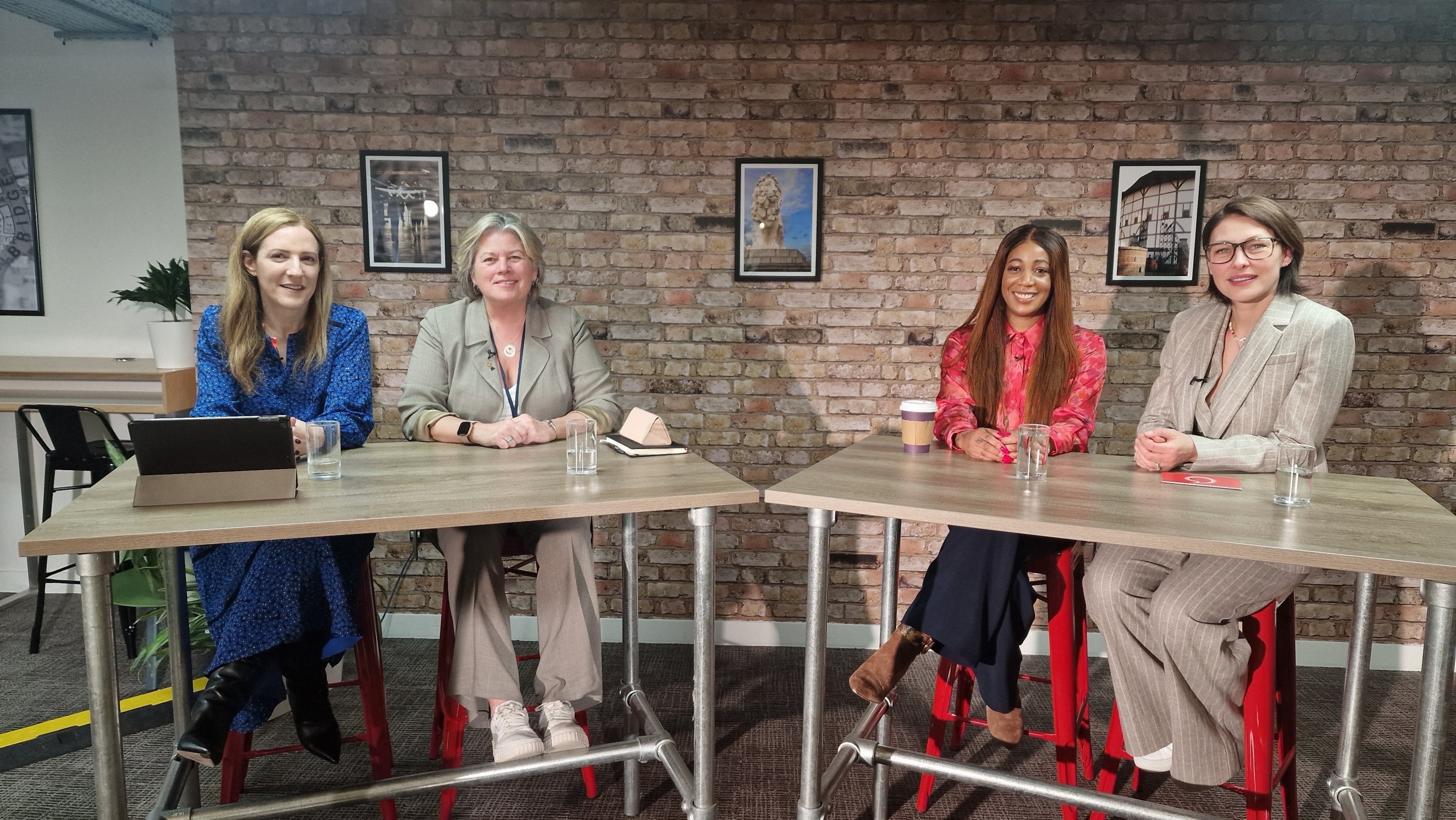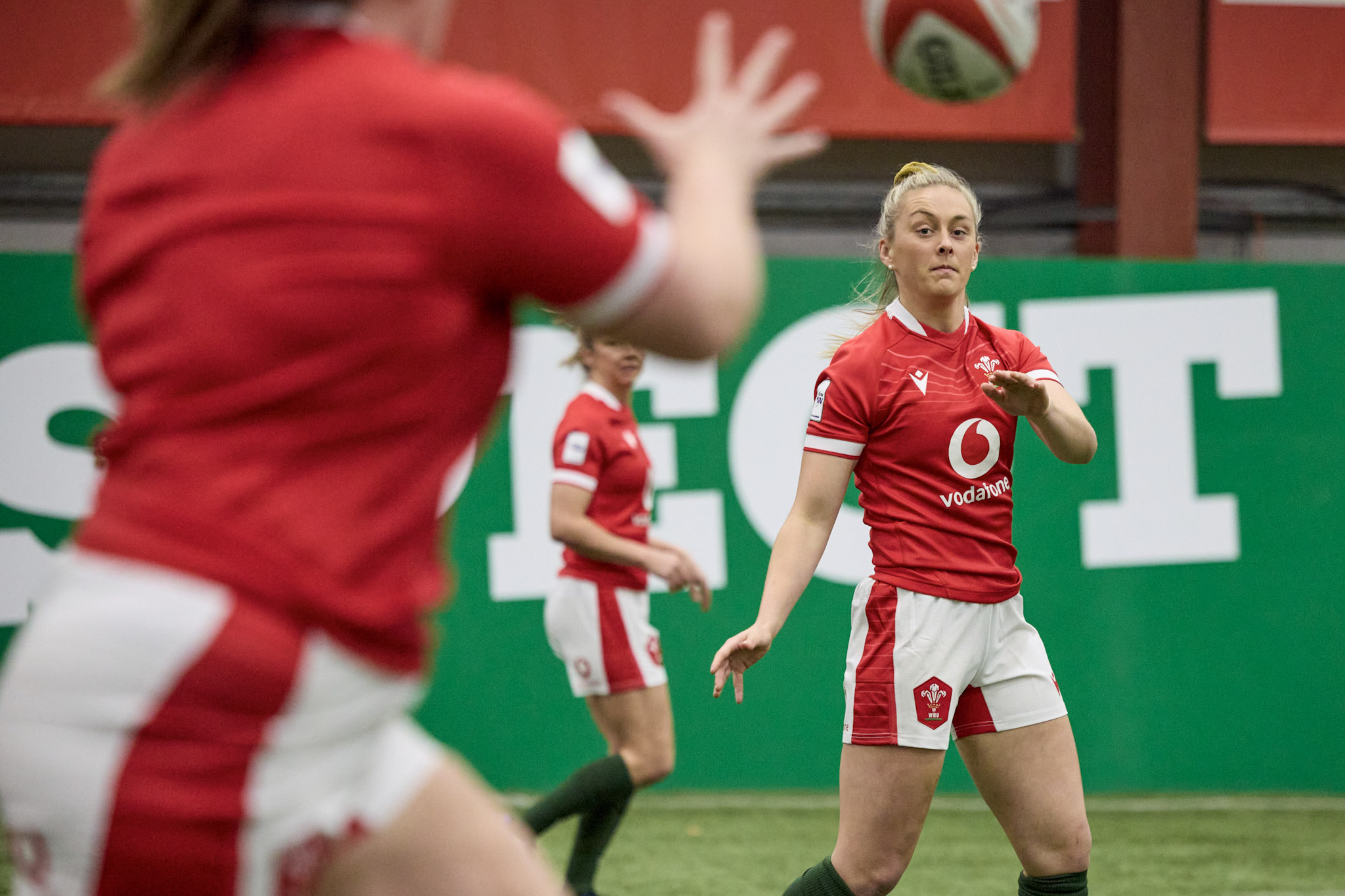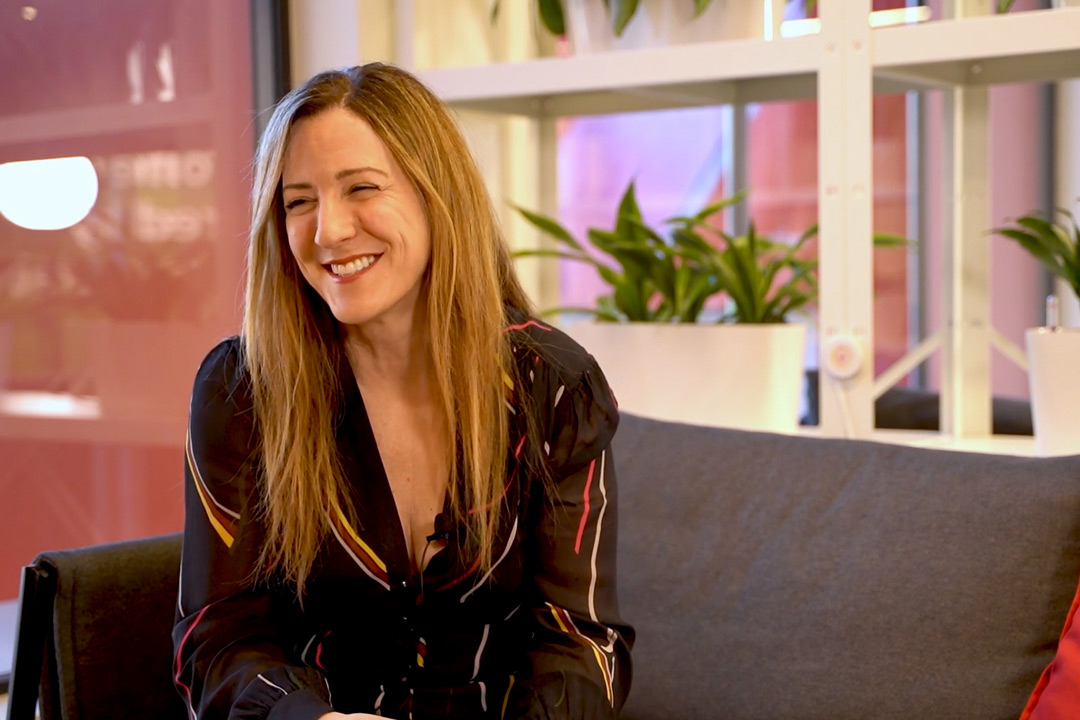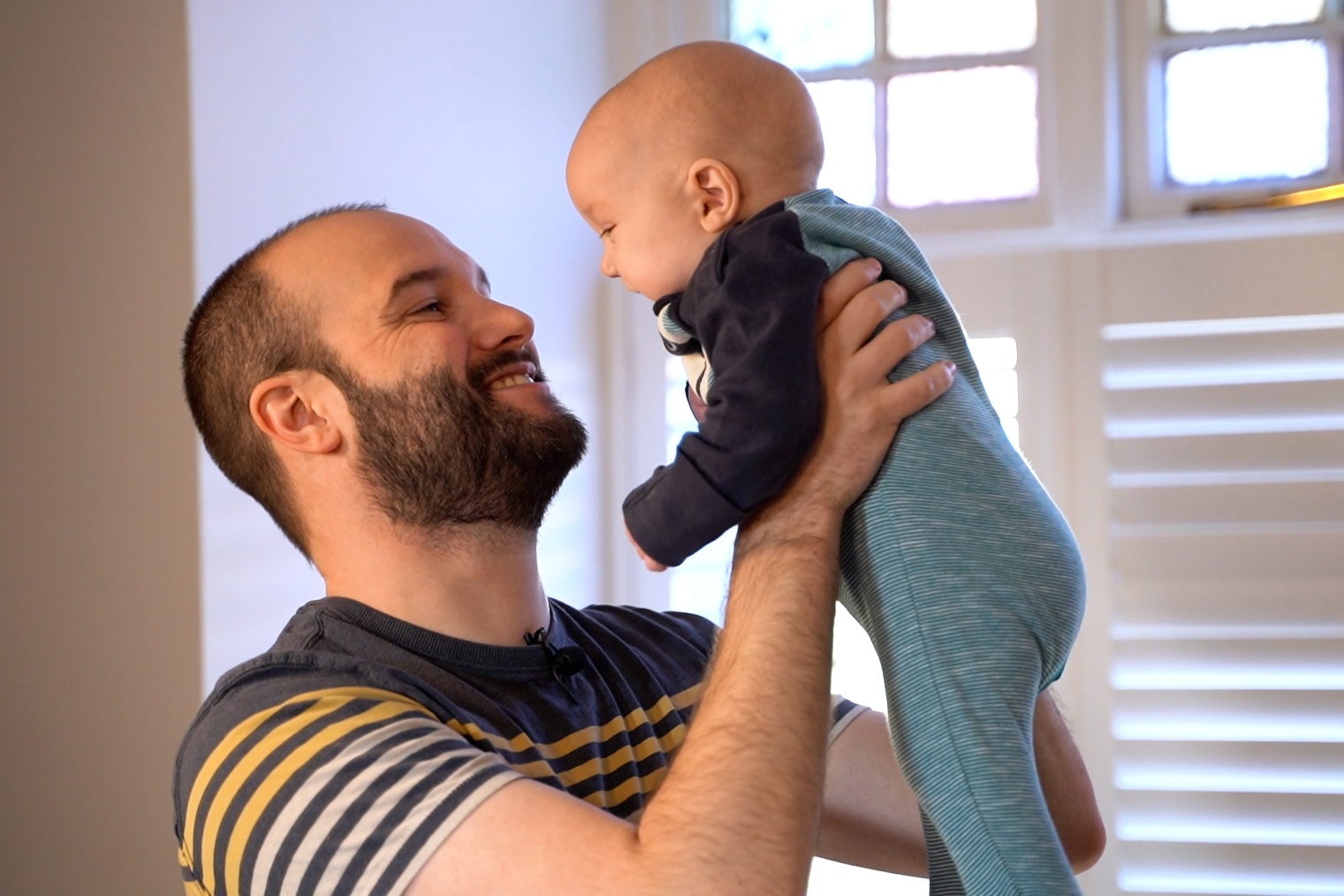To mark International Women’s Day 2024, Vodafone heard insights about how organisations can provide meaningful support for girls and women looking to enter, remain, and then flourish in their chosen careers.
Picture the following people: an ex-international rugby player turned coach, a tech entrepreneur with experience in the financial industry, and a corporate director at one of the UK’s largest brands.
Now, if you were told they were all women, would you have to rethink the image you’d conjured up in your mind? If yes, then it’s likely you’re not alone. Many people – of whichever gender – hold assumptions, stereotypes and biases about jobs and the people who have them. Often through little fault of their own.
To help raise awareness of these issues, Vodafone employees heard insights from a panel of speakers around the United Nations’ theme for International Women’s Day 2024: ‘Invest in Women: Accelerate progress’.
Hosted by television and radio broadcaster Emma Willis, the panel comprised: Amanda Bennett, former Welsh rugby union player and coach, now Non-Executive Director of Wales Rugby Union Group; Vanessa Sanyauke, CEO and Founder of Girls Talk Corporation, an organisation that connects female talent to businesses; and Vodafone UK’s own Chief Corporate Affairs & Sustainability Officer, Nicki Lyons.
Nicki Lyons on the importance of International Women's Day
Vodafone's UK Chief Corporate Affairs & Sustainability Officer, Nicki Lyons, talks about what International Women's Day means to her.
Facts behind the figures
Having shared stories of how they ended up in their respective careers, the discussion soon turned to common obstacles facing women in traditionally male-dominated fields, with representation being a key area of focus.
“In my instance, working with corporate [organisations],” said Vanessa Sanyauke, “it’s so exhausting having to continue explaining why gender equality is so important. Even if half the workforce is female, for science, technology, engineering and mathematics (STEM), it’s 17% or 18% in some roles.”
In fact, according to recent government workforce data, the percentage of women in the STEM workforce has risen to almost 27%. While this shows a positive trend, it must be seen within the context of girls comprising 44% of all STEM students at A-level in 2022, which suggests that a significant number do not ultimately break into their chosen sectors.
Sanyauke’s award-winning agency, Girls Talk Corporation, aims to improve this conversion rate by connecting female talent with businesses, improving access to opportunities in the process.
This mission has seen her work with Vodafone through the Step Up Graduate programme, a technology talent accelerator for female students in the UK and Ghana, which she launched in 2022. The virtual programme helped provide female university students with access to the professional and skills development training they needed to continue pursuing a career in technology.
Vodafone launches new menstrual cycle tracking technology with the Women’s Welsh Rugby Union
The new menstrual tracking programme is part of Vodafone’s PLAYER.Connect platform, which aggregates data from athletes’ wearable devices in real-time, allowing for instant analysis.
More than a game
Amanda Bennett also reflected on this progress and what may be limiting it: “The issues around culture, systems and institutional structures still present barriers to underserved and underrepresented groups. While it [a successful career in my field] may have happened for me, I can still see thousands of girls for whom it is not happening.”
Breaking down barriers is a process that Bennett has always taken in her stride. Either literally, for both Saracens Women and Wales rugby teams, or more figuratively, as a teacher, head coach and now Non-Executive Director of Wales Rugby Union Group.
That latter role has seen her become more actively involved with the partnerships between sporting organisations and brands – a relationship which she says has changed dramatically over the years.
“The old model of sponsorship is gone. Now, there is so much thought and investment between the partners in terms of ‘what you really need’ and ‘how we can help’.”
One notable example of this is the role Vodafone plays as the Founding Principal Partner to Wales Women’s and Girls’ rugby, which has seen the company use its technology to help teams implement, among other innovations, a menstrual cycle tracking programme.
This technology is part of Vodafone’s PLAYER.Connect platform, which aggregates data from athletes’ wearable devices in real time, allowing women’s teams to better prepare, care for, and develop their athletes.
Vodafone supports families with new global policy offering 16 weeks paid parental leave to all employees
Vodafone announced today that all Vodafone employees worldwide will be offered 16 weeks of fully paid parental leave following the introduction of a new global policy designed to support families by giving every parent the opportunity to have more time with children new to their family. Any employee whose partner is having a baby, adopts …
Continued It takes a village
Not every individual becomes a professional sportsperson or CEO, however, which is why it’s vital that representation is improved across every area of the workplace. This requires companies throughout the UK to adopt supportive policies and processes at every stage of a women’s career – no matter their field.
Thankfully, as Nicki Lyons suggests, this is becoming increasingly common: “Big companies have seen a different kind of employee coming through and I think there has been a lot of work done to really understand what it takes to attract women to a non-female-centric industry, like the telecommunications sector.”
While some progress has been made in more senior positions, Lyons still believes a gap exists in the middle. “When I think of friends who work in big PR [public relations] agencies, the drop-off rate of women in their thirties is appalling… whether they are trying to raise a family or care for elderly parents.”
For Vodafone, one way of combatting this is to ensure parental policies are not only comprehensive in scope, but extend to paternity leave as well. For instance, any employee whose partner is having a baby, adopts a child or becomes a parent through surrogacy will have the flexibility to take up to 16 weeks paid leave at any time during the first 18 months.
“This means that Dad starts as an equal partner in the beginning,” explains Lyons, “so that, five or ten years later, there is not suddenly that pressure on the woman to carry on carrying the load, [which] I think is the only way we’re going to crack that problem.”
Stay up-to-date with the latest news from Vodafone by following us on Twitter and signing up for News Centre website notifications.





